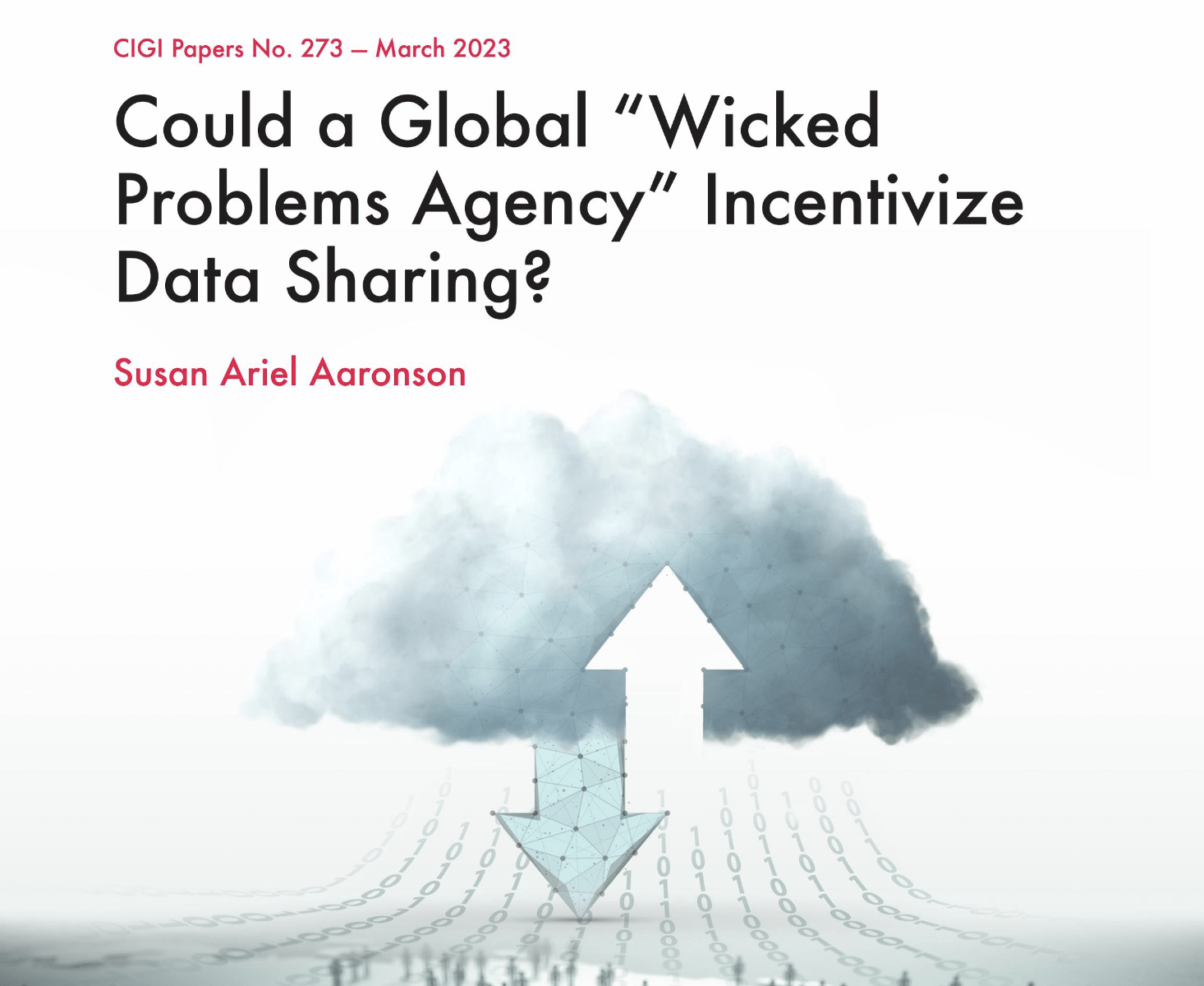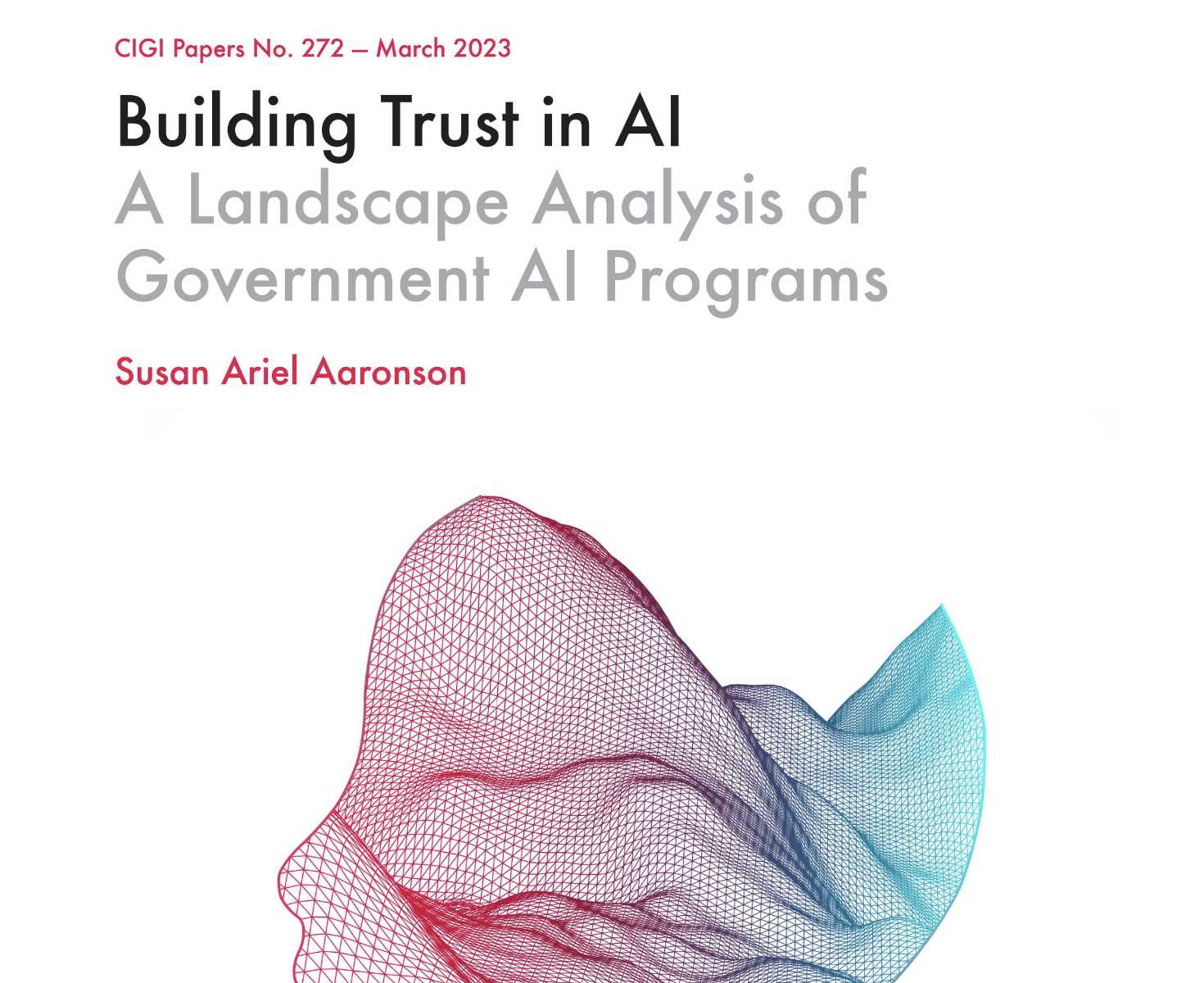Building trust in artificial intelligence (AI) is an elusive goal, especially if AI models are closed or partially open, making it difficult for users to determine if these models are reliable, fair or trustworthy. For this reason, the Biden administration sought public input on the potential risks and benefits of these models as well as policy approaches. In an executive order, he tasked the assistant secretary of commerce for communications and information (who was also head of the National Telecommunications and Information Agency [NTIA]) to solicit feedback through a public consultation process. NTIA advises the president on information, telecommunications and related technology policy, including AI. The author used a landscape analysis to examine the dialogue between US officials and the public response. Although some 300 Americans participated in the dialogue, these commenters did not provide a representative sample of Americans who use or might be affected by open versus closed AI systems. Those who did provide their opinions likely had a direct stake in these issues. The dialogue was also dysfunctional because policy makers did not really listen to — or even report on — what they heard.
Read More Publications
Regrets of the Tech Bros: In a land ruled by the law of the jungle
On his Inauguration Day, Donald Trump sent a message. The founders and CEOs of Apple,Amazon, Google, Meta, Open AI, and Uber, among other giant high-tech companies, sat in the front rows near the Trump family and cabinet nominees. Trump and his staff wanted to use...
The Dangers of AI Nationalism and Beggar-Thy-Neighbour Policies
As they attempt to nurture and govern AI, some nations are acting in ways that – with or without direct intent – discriminate among foreign market actors. For example, some governments are excluding foreign firms from access to incentives for high-speed computing, or...
Talking to a Brick Wall: The US Government’s Response to Public Comments on AI
April 28, 2025 Building trust in artificial intelligence (AI) is an elusive goal, especially if AI models are closed or partially open, making it difficult for users to determine if these models are reliable, fair or trustworthy. For this reason, the Biden...












